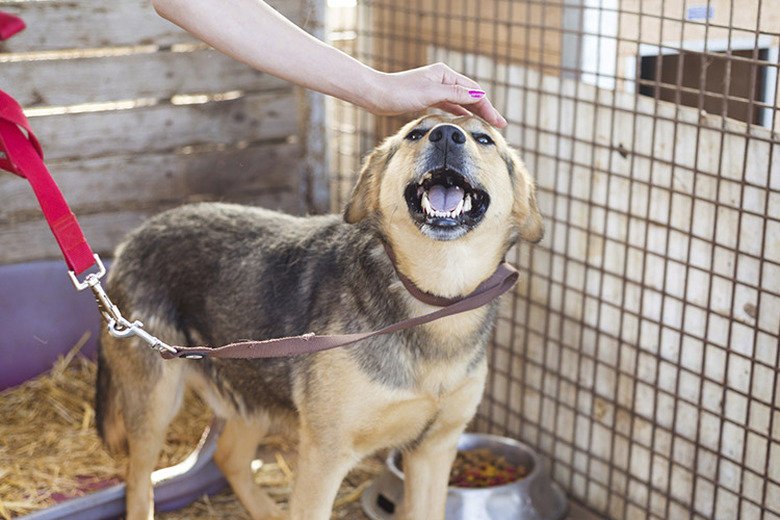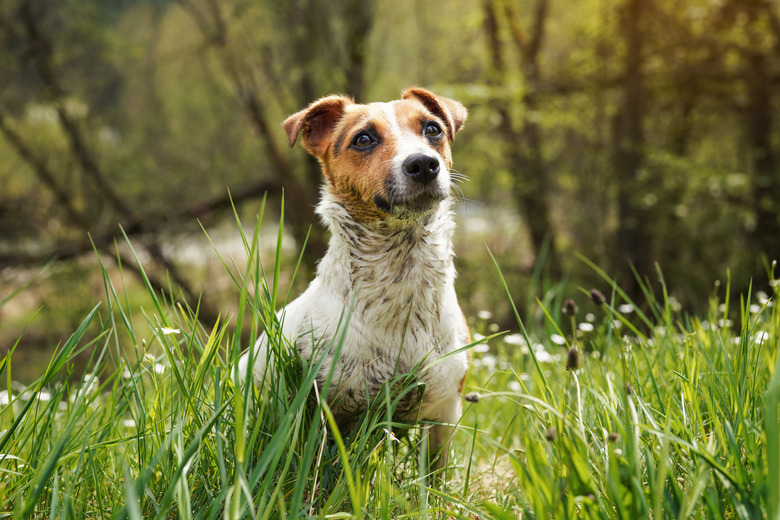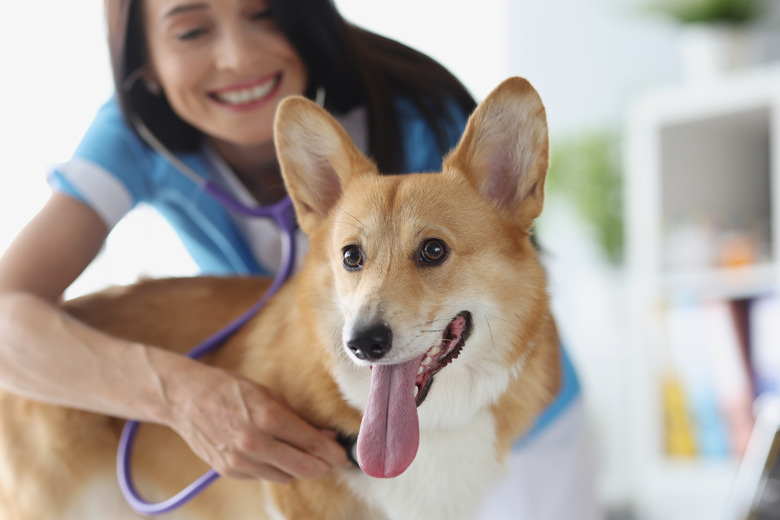Can Dogs Spread Parvovirus To Humans?
There are many strains of parvovirus that affect different species. Canine parvovirus is a devastating disease in dogs that most often affects puppies who are too young to get the vaccine. This is not the same strain of parvovirus that affects humans. There is no example of parvovirus transmitting from dogs to humans and vice versa.
Human parvovirus infections
Human parvovirus infections
Dogs cannot transmit parvo to humans nor can humans transmit parvo to dogs. The strain of parvo that affects humans is called parvovirus B19. It affects both children and adults, and the most common symptom is a mild rash illness called filth disease. Other less common symptoms include pain and swelling of the joints and anemia.
The disease spreads when a person who is infected sprays respiratory secretions carrying the virus. There is no vaccine for human parvo, and basic precautions can help prevent infection, such as washing your hands, avoiding touching your face and eyes, and staying away from individuals who are sick. Human parvovirus does not affect dogs.
Canine parvovirus infections
Canine parvovirus infections
Canine parvovirus strains are CPV-2a and CPV-2b, which only affect dogs. The disease was first observed in 1978. The virus is transmitted easily through feces. It is especially dangerous because the virus begins appearing in the feces before dogs display symptoms and is found up to two weeks after a dog no longer has symptoms of the disease.
Unlike some other viruses, parvo can survive as long as three months in the environment unless the surfaces are thoroughly cleaned and disinfected with a diluted bleach solution. Fortunately, there is a vaccine that can prevent your dog from contracting the disease. Puppies receive a series of four shots, and dogs continue to get boost shots regularly. Take care when socializing your dog before she gets her shots, especially in public places, like dog parks, where other young puppies are likely to be found.
Parvovirus symptoms in dogs
Parvovirus symptoms in dogs
The most common symptoms of parvo in dogs are vomiting and severe diarrhea that may contain blood or mucus. This can lead to extreme dehydration, intestinal damage, and septic shock. Other symptoms include abdominal pain, bloating, loss of appetite, lethargy, and either a fever or low body temperature.
Symptoms usually occur six to 10 days after the dog has come into contact with the virus. Puppies under 5 months of age typically have the most severe symptoms. Since they may not have finished the series of vaccines, they are also most susceptible to contracting the virus.
Death can occur quickly, often in just 48 to 72 hours. If your puppy has any symptoms of parvo, contact your veterinarian immediately, especially if he isn't yet vaccinated. Your vet will perform a fecal test to confirm the diagnosis.
Treatment options and outcome
Treatment options and outcome
Unfortunately, there is no treatment available to directly address the virus. However, with prompt and ongoing supportive care, there is up to a 90 percent survival rate for puppies with parvo. The first step in treating parvo is to administer fluids and electrolytes to counteract dehydration, and anti-spasmodic medication may be given to help control vomiting and diarrhea.
As the virus and diarrhea damage the intestinal lining, dogs are at increased risk of infection that can then enter the bloodstream, which is called septicemia. This is treated with antibiotics and anti-inflammatories. However, dogs and puppies with septicemia have a poor prognosis.


